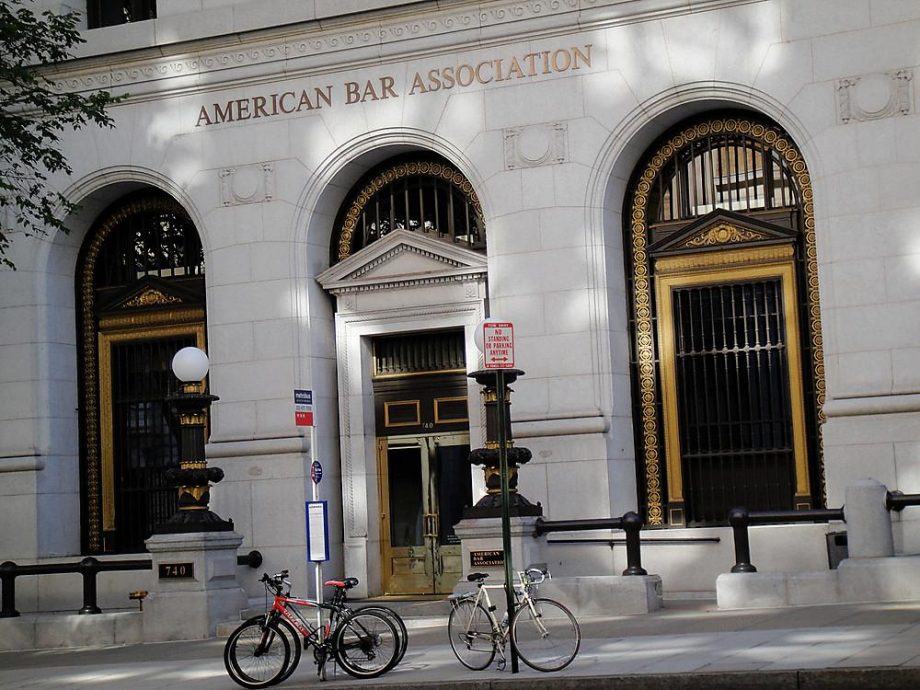How the novels of Neal Stephenson illuminate the present and the future.
How the Academy and the Mainstream Media Contributed to Polarization
Neal Devins and Larry Baum have written a fine new book, The Company They Keep: How Partisan Divisions Came to the Supreme Court. Their argument briefly stated is that the Supreme Court responds to elites and has become more polarized as elites have become more polarized. I reviewed the book at Balkinization, where I generally praised its analysis but criticized its slighting of the role that jurisprudence, particularly the rise of originalism, has played in the transformation of the Court.
Here I want to emphasize that their book brings home the responsibility that the mainstream media and our elite universities have had in contributing to polarization. Some of my fellow Balkinization commentators on the book not only slight that factor, but put much of the onus on the Federalist Society and Fox News for our ideological climate. But the book makes clear that the Federalist Society arose in response to the fact that the mainstream institutions of law, including the ABA and the elite law schools, were dominated by the left.
The closing of the elite establishment to the right directly led to the rise of an alternative institution—the Federalist Society. When professors at leading law schools in the 1980s conducted debates about the Constitution that largely ranged between different factions of the left, including the Marxist-inspired Critical Legal Studies, it was hardly surprising that students looked to create an alternative forum for conservative and libertarian views. When the members of the ABA evaluation committee abandoned their role as neutral arbiters of professional competence to brand Robert Bork, a former Yale law professor and Solicitor General, unqualified for the Supreme Court, it aided the Federalist Society’s growth as an alternative professional as well as student-based organization
This institutional polarization would have been much less likely to occur had universities embraced greater representation of conservative and libertarian views. Likewise if professional organizations had applied neutral principles. And less institutional polarization would have likely reduced overall polarization. If genuine ideological debates occur within a single institution, people are more likely to moderate their views to persuade the middle. They are also more likely to make friendships that transcend ideological differences, reducing polarization at the personal level.
The story of the mainstream media’s role as a catalyst for new, alternative media is similar. In their otherwise perceptive reviews of the book, Rick Hasen and Linda Greenhouse decry Justice Antonin Scalia’s refusal to read the Washington Post and his substitution of media they regard as outside the mainstream, but fail to reckon with the consequences of the mainstream media’s lean to the left. As Roger Ailes stated in starting Fox News: We found a niche market: half the American people! The way to keep viewers and readers like Justice Scalia would be to have more balanced reporting and editorials.
Perhaps nothing can now be done to create more common fora for debate and discussion, although the Federalist Society does it best by having more ideologically balanced panels than are found at a typical law school symposium. (Here is a recent egregious example of lack of ideological balance from UCLA). But certainly there is little evidence that the mainstream media and our universities are making any effort to become less ideologically uniform. As I have noted before, some professors at leading law schools seem to believe that their schools should in fact aim at left-leaning social justice. Schools also are doubling down on hiring a “diverse” faculty with regard to race, ethnicity, and gender, when that drive will have the predictable effect of making it harder to hire conservative and libertarians. And it is clear from the discussion of this book that many denizens of these ideologically-uniform institutions disregard the contribution that these institutions make to the polarization they deplore.

